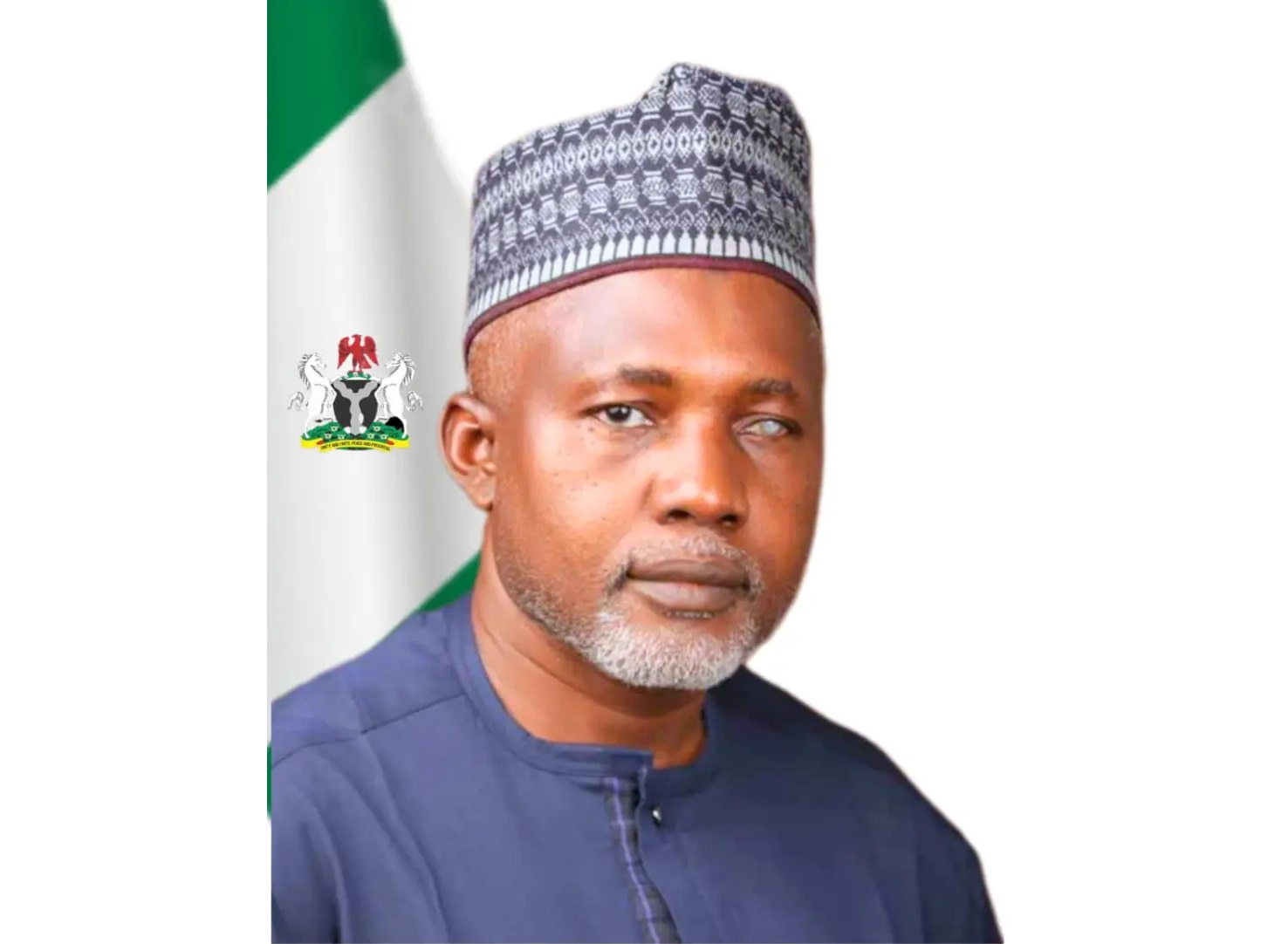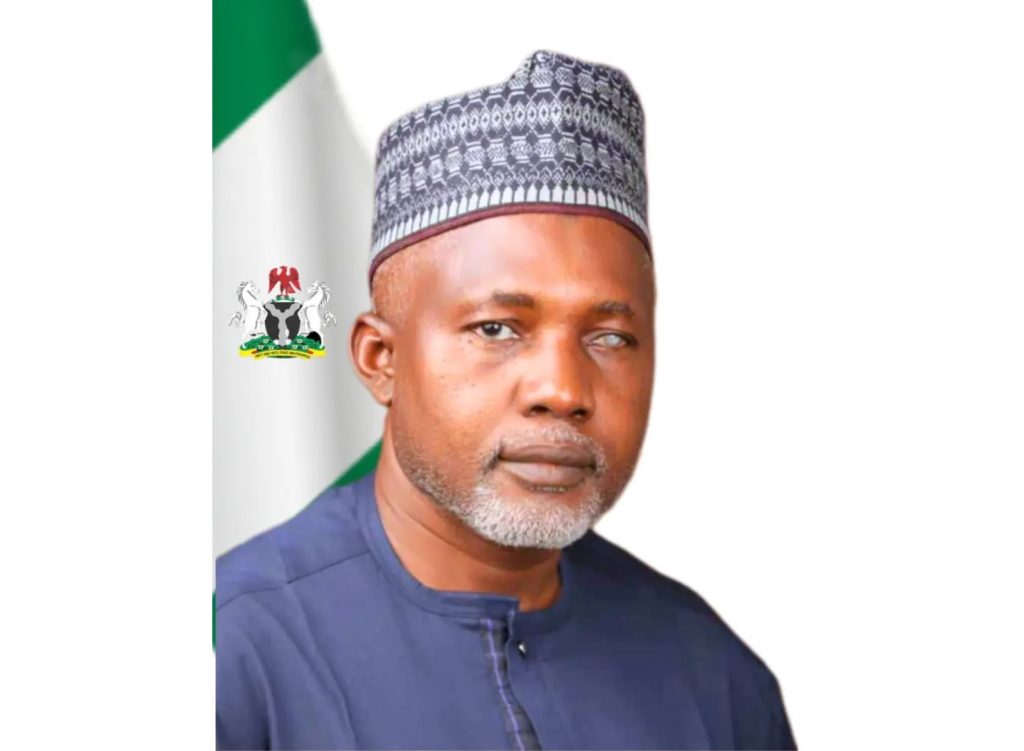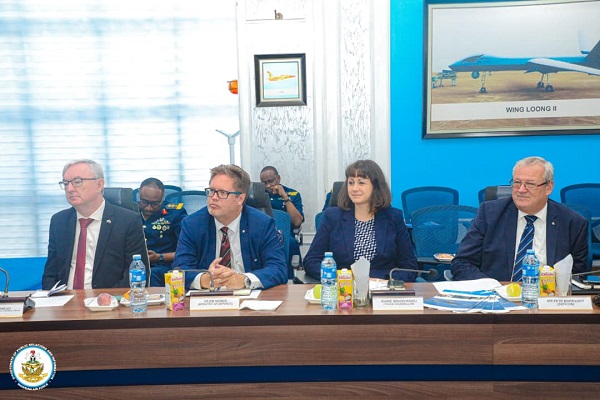
The Federal Government yesterday expressed concern over the worsening humanitarian crisis in the country.
It said apart from insecurity, floods and other natural disasters that have left over three million Nigerians internally displaced, shrinking donor support has made ‘’humanitarian challenge in Nigeria worse.
The government expressed concern that more Nigerians could face hunger and malnutrition if concerted efforts were not made to curb the rate at which floods ravage farmlands across the country.
Minister of State for Humanitarian Affairs and Disaster Management, Tanko Sununo stated this at the inauguration of the House of Representatives Ad-hoc Committee on Flood Management and Response in Abuja.
Sununo, who said the situation was worse in the North, added that the government was determined to ensure that the challenges, especially flooding, were addressed.
He said: ‘’More than 70 per cent of the North’s 65 % poor are smallholder farmers, who have lost their farmlands and livelihoods to floods and drought.’’
The minister added, “Today, we have a situation whereby global funding is becoming short for humanitarian aid. In fact, with the United Nations, the funding gap today is 36 billion U.S. dollars globally, and in Nigeria, we are seriously affected.
“Just a few days ago, I had to call a press conference on the suspension of the activities of the World Food Programme, which affected almost 1,200,000 Nigerians who are receiving emergency food transfer from the World Food Programme.
‘’It also led to the shutting down of about 150 clinics managed by the World Food Programme in the North East, and that will affect about 300,000 children suffering from malnutrition, leaving us with over 21,200 at risk of malnutrition and over 200,000 receiving treatment for malnutrition.
‘’If you look at the impact and the consequences of flooding in the country, it calls for concern. Today, most of our farmers have been displaced. As of today, the count of internally displaced persons is over three million Nigerians, which is the size of a country.’’
House of Representatives Speaker Abbas Tajudeen, who inaugurated the committee, assured that the House was ‘’committed to deploying legislative frameworks that will help mitigate the devastating effects of natural disasters within our land.’’
Advocating strategic efforts to address the menace, Abbas warned that ‘’we cannot afford to treat this matter with levity.’’.
He said: “This gathering is a critical step in addressing one of the most pressing challenges confronting our nation today. Flooding has, in recent years, brought untold hardship to communities, destroyed livelihoods, and undermined development efforts across many parts of Nigeria.
“The 10th House of Representatives is committed to addressing any matter that bothers Nigerians. We are equally committed to deploying legislative frameworks that will help mitigate the devastating effects of natural disasters within our land.
“Our duty as lawmakers extends beyond enacting laws to anticipating challenges, strengthening institutions, and ensuring that government responses meet the needs of the people.
“This Ad-hoc Committee has been established in recognition of the rising frequency and severity of floods across the country, which has caused a lot of damage to many of ur fellow citizens, including loss of lives and property. We cannot afford to treat this matter with levity.’’
Leader of the House, Julius Ihonvbere and Chairman of the Committee, Midala Balami, stressed the need to change the current approach where states and local government abdicate their responsibilities, pushing you same to the federal government.
He said: “This gathering is a critical step in addressing one of the most pressing challenges confronting our nation today. Flooding has, in recent years, brought untold hardship to communities, destroyed livelihoods, and undermined development efforts across many parts of Nigeria.
‘’The 10th House of Representatives is committed to addressing any matter that bothers Nigerians. We are equally committed to deploying legislative frameworks that will help mitigate the devastating effects of natural disasters within our land.
“Our duty as lawmakers extends beyond enacting laws to anticipating challenges, strengthening institutions, and ensuring that government responses meet the needs of the people.’’
Balami, described flooding as a “national emergency that demands urgent, coordinated, and strategic action.’’
“Each year, lives are lost, properties destroyed, livelihoods disrupted, and the socio-economic fabric of entire communities severely affected, ‘’Balami lamented
“The time for piecemeal approaches is over. What we need is a comprehensive national framework—one that encompasses prevention, early warning systems, emergency response, community resilience, infrastructure development, and climate adaptation strategies,” he said.
Red Cross leads flood simulation in Lagos community
The Nigerian Red Cross Society put emergency responders to the test in a large flood simulation exercise staged at Agboyi Ketu in the Kosofe Local Government Area of Lagos State.
The exercise was part of the ongoing Flood Resilience Project supported by the International Federation of Red Cross and Red Crescent Societies, and funded by the Italian Government.
Six states- Lagos, Anambra, Bayelsa, Cross River, Enugu and Nasarawa- are benefitting from the initiative.
The responders in Lagos were drawn from the state Emergency Management Agency, National Emergency Management Agency, Nigerian Navy, the Police, the Lagos Neighbourhood Safety Corps, the Nigeria Security and Civil Defence Corps, and the Office of Drainage Services.
Each group showcased specific response roles ranging from search and rescue to medical treatment and evacuation.
In one of the simulated scenarios, divers retrieved victims from flood waters while medical personnel treated casualties in a triage centre. Ambulances waited nearby for those classified as critical.
Lagos branch chairman of the Nigerian Red Cross Society, Adebola Kolawole, said it was important to place the community at the heart of disaster response.
“When there is a flood, the community already knows how to go about it. They know who to call, how to raise an alarm, and how to assist the person in danger,” Kolawole said.
Northeast commission distributes relief materials to 3,200 households in Borno
No fewer than 3,200 households affected by floods in Maiduguri metropolitan Council and Jere Local Government Area of Borno State have received relief materials donated by the Northeast Development Commission (NEDC).
The items include 25-kilogram (Kg) bags of rice, cartons of spaghetti, 10 Kg bags of sugar, cartons of instant noodles, several gallons of vegetable oil, mats and blankets.
State Coordinator of the NEDC, Mohammed Umar, said the donation was carried out after assessments of the extent of damage to communities affected by floodwaters, including Bulumkutu Tsaleke, Bulumkutu Abuja, Bulumkutu Ngomari, Ajilari Cross, Pompomari by-pass, and Zajeri.




